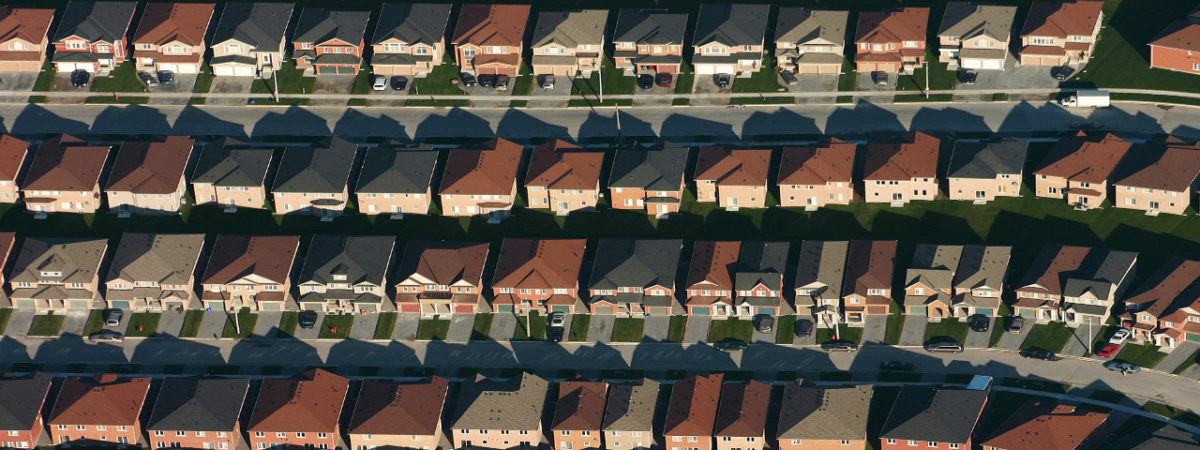The West must avoid “politically dangerous” and “economically costly” confrontation with China, says new IEA briefing paper
SUGGESTED



– Covid-19 is provoking a major reorientation of our foreign policy. At the heart of this is our changing relationship with China;
– We risk fundamentally misunderstanding China’s motivations because our assumptions are out of date: unlike the USSR it does not seek hegemony;
– Rather it acts out of self-interest and seeks to become both a model nation for developing countries to emulate and the dominant rule setter in the international trade and financial system;
– The strategy of constructive engagement or liberal internationalism is no longer working – but a more realist confrontational balance of power relations with China could be economically costly and politically dangerous;
– Yet there is an alternative to simple confrontation and military competition;
– We will have to restrain sensitive trade and respond robustly to the Chinese government’s actions in Xinjiang, Hong Kong and against Asian neighbours;
– These actions should be supplemented with a programme of engagement between private individuals, organisations and firms in free societies with their counterparts in China;
– A policy of encouraging organised contact at a civil society level could lead to reforms that the current rulers will have to go along with or find much less easy to manage.
The Institute of Economic Affairs has released a new briefing paper, authored by IEA Head of Education Dr Stephen Davies and Professor Syed Kamall, the IEA’s Academic and Research Director, who sat on the European Parliament’s International Trade Committee from 2005-2019.
“Chinese Puzzle” argues the West risks careening towards a politically dangerous and economically costly confrontational relationship with China.
Yet China’s history – of accepting and recognising spontaneous bottom-up transformations and then encouraging them to go further by embedding them in a legal framework – and its culture of “saving face” or “mianzi” suggests Western politicians could be fundamentally misunderstanding China’s motivations.
While the current strategy of liberal internationalism is no longer working, we should not see handling China as a binary choice between containment and confrontation. Increasing authoritarianism in China has put paid to hopes that markets plus prosperity would lead to more liberty. Its policy towards the Uighur population and over the so-called “Belt and Road Initiative,” as well as its behaviour in the early stages of the Coronavirus pandemic, have led many in the West to view China not as a partner but as a threat.
However, China’s activities in its neighbourhood may be partly explained by a certain defensiveness due to a determination to never again be dominated by foreign powers. What we are seeing is something far more subtle than plans for global hegemony. There is a competition to become the model or pattern nation that others look to emulate, particularly where nations that are developing economically are concerned. China also seeks to become the dominant rule setter in the international trade and financial system.
In response, we will have to restrain sensitive trade and respond robustly to the Chinese government’s actions in Xinjiang, Hong Kong and against Asian neighbours. These actions should be supplemented with a programme of engagement between private individuals, organisations and firms in free societies with their counterparts in China. This type of people-to-people engagement could still be considered far less risky overall than overt military confrontation and, in the longer run, more likely to succeed.
A policy of encouraging organised contact at a civil society level could lead to reforms that the current rulers will have to go along with or find much less easy to manage.
Dr Stephen Davies, Head of Education at the Institute of Economic Affairs and Professor Syed Kamall, Academic and Research Director at the IEA, said:
“The Chinese government should be believed when it says it does not seek hegemony. Instead, the Chinese government’s goals are access to raw materials, technology, and markets for Chinese companies.
“This may lead to the Chinese government seeking to set international standards and rules and challenging the good governance mantra of western democracies, but unlike the Soviet Union during the Cold War it will not seek to export its ideology.
“This will pose a different type of challenge than the Soviet Union during the Cold War up to 1989. Western liberal democracies should still respond robustly to Chinese government aggression and violations of human rights, but at the same time seek more people-to-people contacts to help shape reforms within China itself.
“It’s also important to distinguish between the actions of the Chinese Communist Party and Chinese people when raising concerns over the actions of the Chinese government.
“The background to this is the way that the transformation of the Chinese economy since the 1980s has been produced as much by spontaneous bottom-up action subsequently recognised and accepted by the CCP as by top-down reforms. This shows the opportunities there are for genuine popular engagement as a way to respond to the challenge of the ‘Chinese Way’.”



